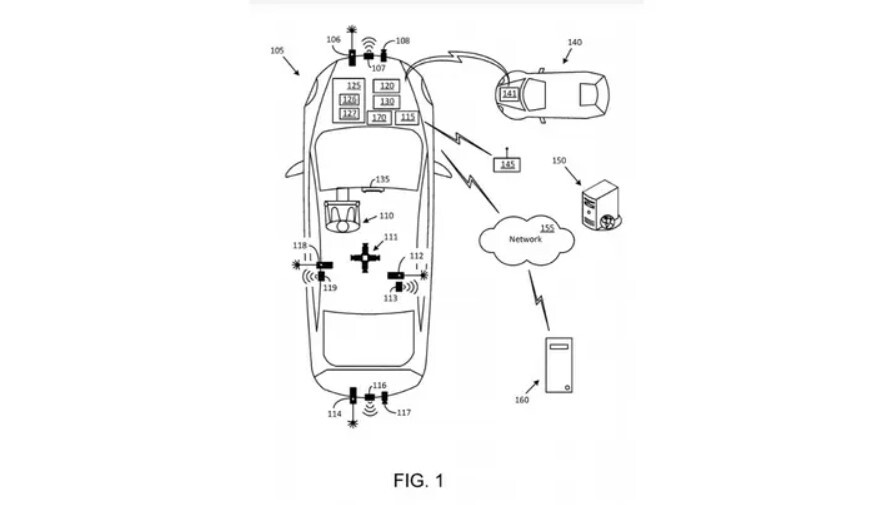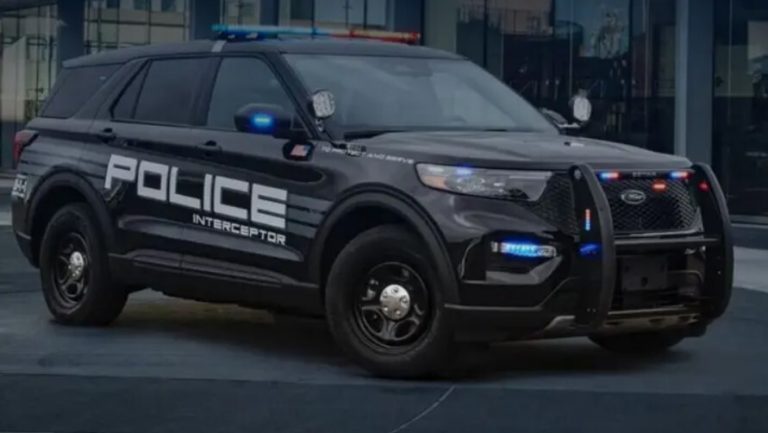Ford has recently filed a patent application for a new technology that could transform police cars into high-tech watchdogs. The system, called “Systems and Methods for Detecting Speeding Violations,” is designed to use onboard cameras and sensors to monitor the speed of surrounding vehicles in real-time. If a vehicle is detected speeding, the system captures a high-resolution image, records data like speed, time, and location, and sends this information directly to law enforcement through a secure connection.
Supporters of this technology believe it could make roads safer by reducing the need for dangerous police pursuits and integrating seamlessly with self-driving cars to create a network of autonomous speed monitors. However, privacy advocates are concerned that such a system could lead to increased surveillance and potential misuse of personal data. They also point out legal challenges, such as the admissibility of evidence collected without direct police observation.

Ford clarified that the technology is intended specifically for use in law enforcement vehicles and not for general consumer vehicles. The company emphasized that the patent is meant to protect new ideas and doesn’t necessarily indicate an upcoming product. Despite this, there is concern that the patent’s language leaves room for broader applications in the future.
The development of this technology raises important questions about the balance between public safety and individual privacy. As discussions around this technology continue, it’s crucial to consider how such advancements could impact civil liberties and whether the potential benefits outweigh the risks of increased surveillance.




